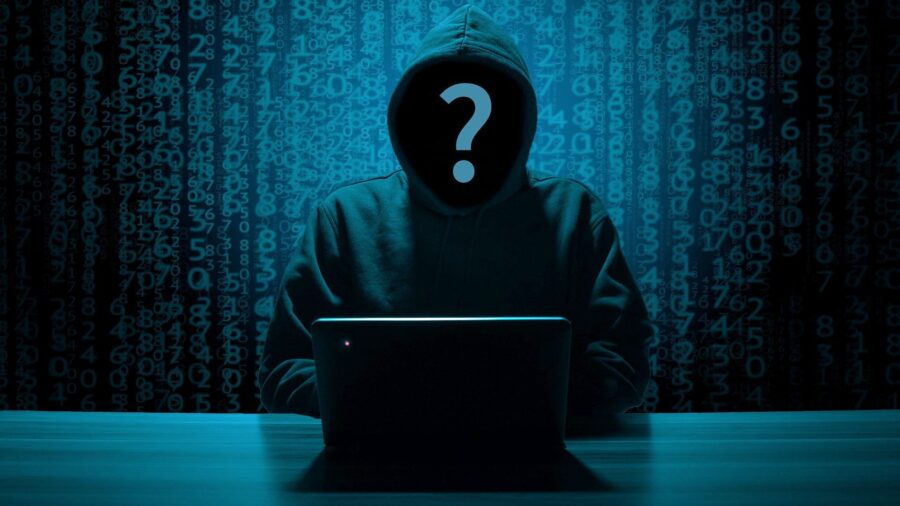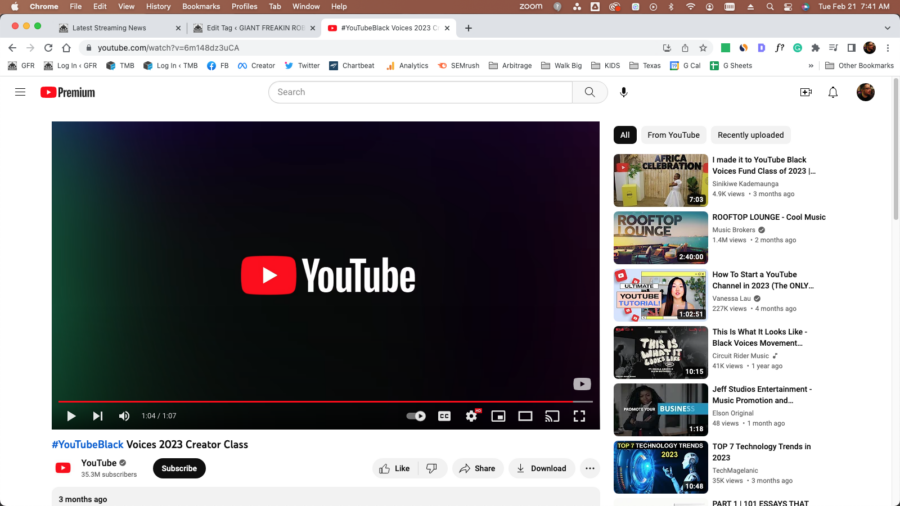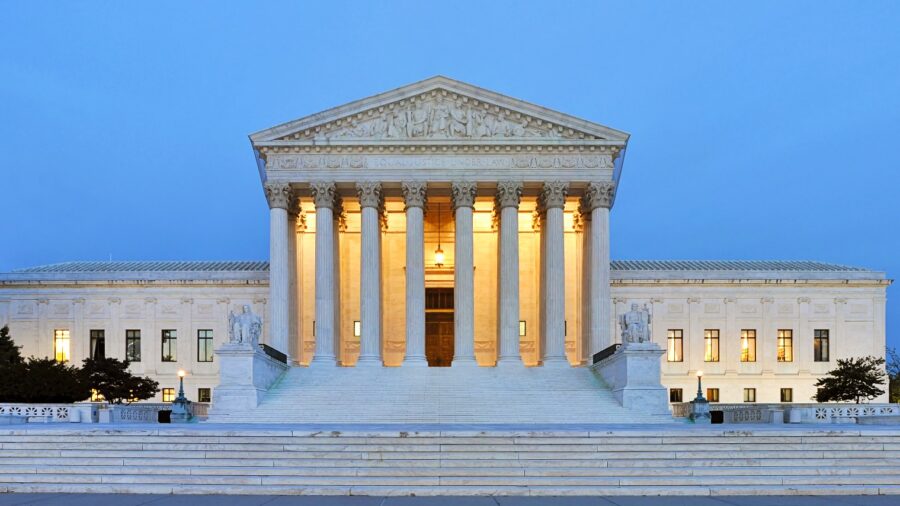Feds Demand Identity Of YouTube Users Who Watched Certain Videos

Federal authorities in the U.S. have ordered that Google hand over tens of thousands of names, addresses, phone numbers, and user activity information for the accounts of people who watched a specific YouTube video between the dates of January 1 and 8, 2023. Users who viewed the video without being logged in will be investigated via their IP addresses.
The Feds Attempt To Catch A Criminal

According to unsealed federal court documents, the investigation centered around one individual who goes by the online handle “elonmuskwhm.” The individual is suspected of money laundering via the sale of Bitcoin for cash. As a part of the authority’s investigation into the subject, special agents sent “elonmuskwhm” a couple of YouTube links to tutorials centered around mapping via drone and augmented reality software.
The Video Was Watched By More Than 30,000 People

After sending the link, federal authorities then wanted to know everything they could about any individual who watched the video. However, the videos were not private material and more than 30,000 people had watched the streams by the time the feds requested that YouTube’s parent company Google give them information on whomever had viewed the videos.
It is not yet clear whether or not YouTube and Google complied with federal demands for the information, but most companies don’t buck up against a federal court order. However, the subpoenas may have violated the U.S. Constitution’s First and Fourth Amendments. The two amendments provide foundational protections for freedom of speech and restrict unreasonable search and seizure.
It’s Happened Before

In another unrelated legal pursuit, authorities working on a case related to a bomb threat required the information for viewers of various YouTube live streams to be identified. One of the live streams in question had over 130,000 subscribers.
In that case, police received a threat from an anonymous male that there was a bomb in a trash can located in a very public, high-traffic area. When the police took action to investigate the trash can in question, they found out they were being filmed and broadcast live on YouTube and wanted the information of anyone who tuned in to view the shenanigans.
Violation Of Freedom Or Justified Act?

It may be understandable why the authorities would want to find out who pulled that particular prank, but asking for information on so many YouTube viewers creates a digital dragnet that citizens are protected from by the Fourth Amendment.
Cases like these are becoming a much larger problem in recent days, and most of these privacy/rights breaches aren’t ever acted upon unless one (or a bunch) of the victims fight the action in court. Those battles often end up tied up in lengthy legal proceedings that may even draw out into a complicated enough situation that the case ends up before the United States Supreme Court. Most citizens just don’t have the capacity or drive to forge such a battle against authorities.
People Fighting Back

It doesn’t seem like the scales of justice are quite balanced when a voyeuristic YouTube search can land you in trouble with federal authorities. Executive director at the Surveillance Technology Oversight Project (STOP) said it best, “No one should fear a knock at the door from police simply because of what the YouTube algorithm serves up. I’m horrified that the courts are allowing this.”
Source: Forbes












